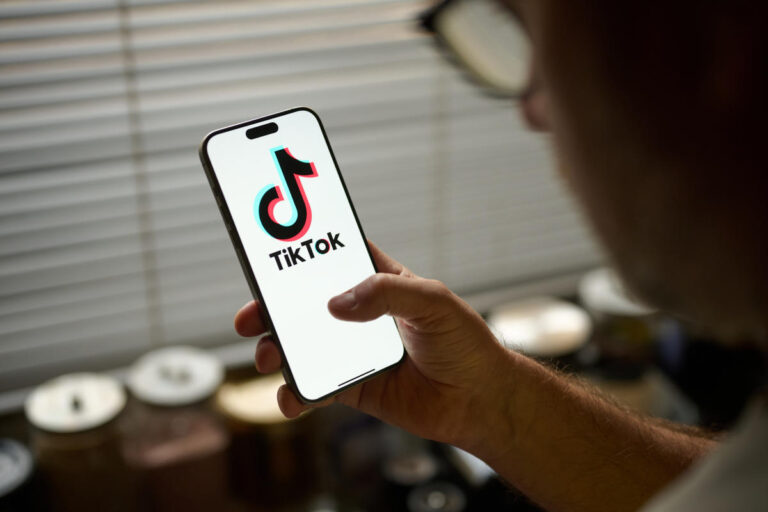The web is each glorious and horrible at spreading data and neighborhood. In a single sense, it could present entry to so many individuals and views that are not obtainable in an individual’s day-to-day life. On the similar time, it may be ripe with misinformation and individuals who trigger extra hurt than good.
Now, a new study from The Guardian is revealing simply how intertwined these two issues might be. An investigation discovered that 52 out of the highest 100 movies tagged #mentalhealthtips contained at the very least some misinformation, in keeping with a workforce of psychological well being professionals. These clips mentioned circumstances and experiences resembling anxiousness, melancholy, bipolar dysfunction, trauma, neurodivergence and extra.
“TikTok is spreading misinformation by suggesting that there are secret common suggestions and truths which will truly make a viewer really feel even worse, like a failure, when the following tips don’t merely treatment,” stated Amber Johnston, a British Psychological Society-accredited psychologist, who reviewed movies about trauma for The Guardian.
The specialists recognized four major themes inside the deceptive and inaccurate data. The primary, pathologizing regular feelings, got here in movies that described on a regular basis emotions, resembling tiredness or feeling anxiousness round adjustments, as clear indicators of particular psychological well being issues. They appeared to indicate that experiencing any signs of a psychological well being dysfunction meant the viewer should be dwelling with it.
Then there was misuse of therapeutic language, whether or not by way of inaccurately describing a psychological well being dysfunction or utilizing phrases like abuse, to clarify sure actions, with out context or nuance. The third class was reportedly the most typical: unevidenced therapies and false claims. These clips embody claims {that a} sure technique can heal trauma in only one hour, that ingesting sure issues causes melancholy and that manufactured dietary supplements will ease anxiousness.
The final theme recognized was anecdotal proof. Movies on this space included suggestions to get inpatient remedy solely based mostly on the creators’ personal experiences. One other confirmed somebody in a hospital robe who implied that they have been in a psychiatric unit for being too trustworthy with their therapist.
Misinformation is an amazing challenge throughout social media platforms, with many firms doing little to nothing about it. Take Meta, for instance, which removed its fact-checking program within the US this previous April. As a substitute, it has opted for neighborhood notes that enable for crowdsourced responses to posts.
TikTok has made a number of claims through the years that it is eradicating “problematic” content and inaccurate videos. In an announcement shared with The Guardian, a TikTok spokesperson counseled the app for being a spot folks can share and get assist for his or her psychological well being experiences. “There are clear limitations to the methodology of this research, which opposes this free expression and suggests that folks shouldn’t be allowed to share their very own tales.”
The spokesperson added that TikTok works with the World Well being Group and the NHS within the UK to offer correct data, additional claiming that the app removes 98 % of “dangerous misinformation earlier than it’s reported to us.”

